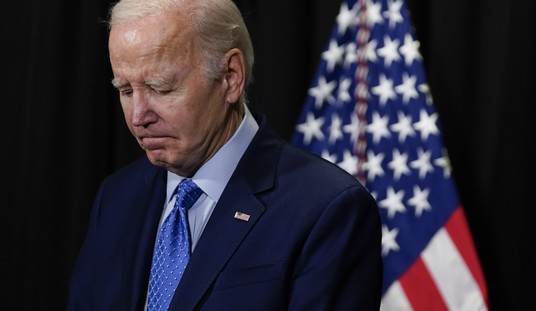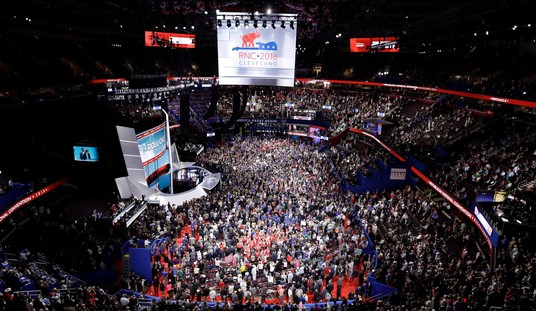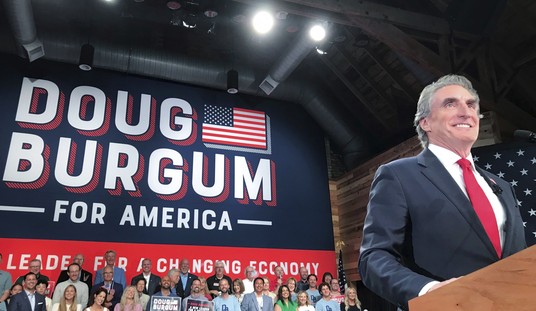State Rep. Timothy Smith, a Democrat from Manchester, is all about protecting his New Hampshire constituents from governmental electronic snooping.
“I take personal privacy incredibly seriously, and have voted against several measures (automated license-plate scanners, etc.) which would have eroded individual privacy even more and have co-sponsored legislation expanding privacy protections,” Smith wrote on his website.
But he does not support a November ballot proposition that would add a citizen’s right to privacy to the state constitution. Smith also said other state legislators feel the same way, but they were afraid to say so on the record.
“A number of us were concerned that the language might have been a little bit too broad and that it might have led to a lot of frivolous lawsuits with people suing the DMV and saying the government doesn’t have the right to know if they have corrective lenses,” Smith said to the New Hampshire Union-Leader.
But because not enough legislators came out against the proposed constitutional amendment to guarantee privacy — if there had been one fewer “yes” vote, it would have failed — Question 2 will appear on New Hampshire’s Nov. 6 ballot.
The proposed constitutional amendment states that “an individual’s right to live free from governmental intrusion in private or personal information is natural, essential, and inherent.”
A two-thirds vote of the state’s House and Senate were required to put the proposed constitutional amendment on the November ballot. Two-thirds of New Hampshire voters will also have to vote “yes” for it to become part of the state’s constitution.
Question 2 co-author Republican Rep. Neal Kurk said there wasn’t any single event that prompted him to introduce the measure. He just felt it was time to write those 19 words into New Hampshire’s constitution.
“It was just an accumulation of scientific and technological developments over the decade that allow an extraordinary amount of personal and private information to be accessed through DNA or, say, social media,” said Kurk.
Kurk and Chad Marlow, the New Hampshire ACLU’s senior advocacy and policy counsel, said the need for Question 2 comes down to the words emblazoned on the state’s emblem: “Live Free or Die.”
“The risks to personal privacy are certainly greater today than they were when Gen. John Stark wrote — ‘Live free or die. Death is not the greatest of evils.’ — in an 1809 letter,” Kurk and Marlow said in a statement.
“Today’s powerful surveillance technologies can provide the state government and state and local law enforcement agencies with the ability to spy on people when they walk on public sidewalks, drive on public roads, play in public parks, attend public schools, and visit public libraries,” Kurk and Marlow added. “Without state constitutional protections, privacy is not the Granite State’s default setting.”
Rep. Smith isn’t the only person in New Hampshire who thinks that Question 2, while well-intentioned, is just too vague to become part of the state’s constitution. Former New Hampshire Supreme Court Justice Linda Stewart Dalianis said Amendment 2 would likely cause more problems than it would solve.
“This is a version of the unintended consequences argument,” Dalianis said. “People have good ideas, and they think that constitutional amendments will solve their problems. Typically, that is not true. It tends to raise more questions than it answers.”
Tuftonboro police Chief Andrew Shagoury, who is also president of the New Hampshire Association of Police Chiefs, told the Union-Leader he’s afraid criminals could hide behind Question 2.
Shagoury worries the amendment’s wording could remove simple internet searches — that any private citizen could use to find out information about another person’s life — from police investigators’ toolboxes.
Rep. Smith said it is the unintended consequences that worry him, too.
“The language that’s going to appear on the ballot would grant a right to privacy in your personal information from the government, but it would provide you absolutely no right,” Smith contended, “to protection whatsoever against somebody stealing a hairbrush out of your trash and doing one of those 23andMe DNA sequence things and publishing the results on the internet.”
Some Question 2 opponents have even said the amendment’s language could give someone room to sue the Department of Motor Vehicles rather than answer a simple question like, “Do you wear eyeglasses while you drive?”
The Concord Monitor called for more debate on Question 2 before voters approved it. A Monitor editorial complained that Question 2, and Question 1, which involves the right of any taxpayer to challenge the legality of state or local government actions, were “virtually lost in the toxic fog of Trump-era politics.”
But Smith said he would be surprised if New Hampshire voters follow the Concord Monitor’s advice.
“It’s got good, flowery constitutional language, talking about high-minded principles,” said Smith. “Everyone’s gonna love that.”








Join the conversation as a VIP Member